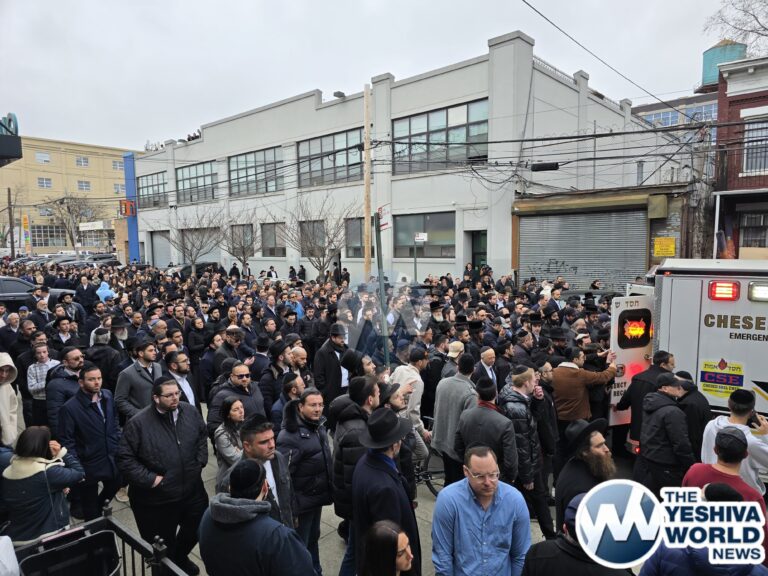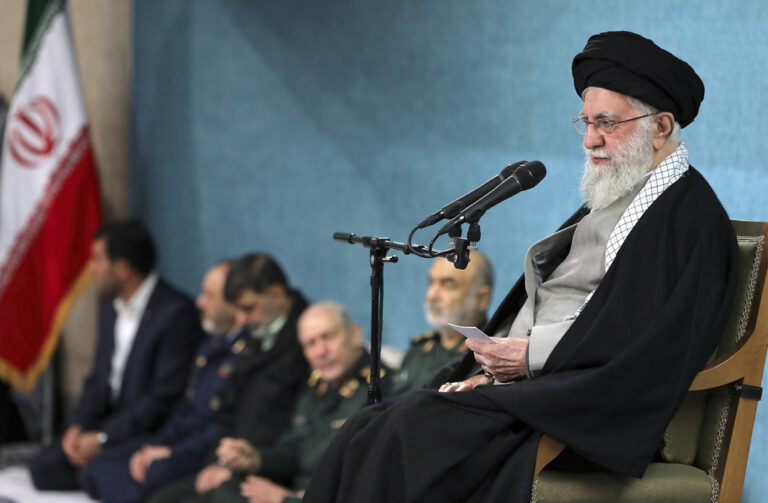 Pretrial hearings for a Guantanamo prisoner accused of orchestrating a deadly attack on a U.S. warship were brought to a temporary standstill on Monday as defense lawyers raised concerns that intelligence agents were eavesdropping on confidential attorney-client conversations.
Pretrial hearings for a Guantanamo prisoner accused of orchestrating a deadly attack on a U.S. warship were brought to a temporary standstill on Monday as defense lawyers raised concerns that intelligence agents were eavesdropping on confidential attorney-client conversations.
Lawyers representing Saudi captive Abd al Rahim al Nashiri said they had a duty to ensure those conversations are private and wanted to consult their bosses and bar associations about whether it would be an ethical violation for them to proceed without knowing who might be listening.
The judge, Army Colonel James Pohl, called a three-hour recess to allow that. But he refused a defense request to halt the hearings entirely until courtroom technicians could be called to explain who had the ability to monitor their conversations.
Nashiri is accused of directing suicide bombers to ram a boat full of explosives into the hull of the USS Cole off Yemen in 2000, causing a blast that killed 17 sailors and wounded dozens more. He could be executed if convicted of charges that include murder, attempted murder and conspiring with al Qaeda.
Pohl said interfering in the attorney-client relationship would be “a serious matter generally deserving serious remedies” but that the defense had merely raised suspicions without offering any proof of a breach.
The issue arose after a bombshell revelation last week in another case in the war crimes tribunal at the Guantanamo Bay U.S. Naval Base in Cuba. Someone outside the courtroom briefly cut the closed-circuit feed that provides sound and video to public viewing areas during a pretrial hearing for five prisoners accused of plotting the Sept. 11, 2001, hijacked plane attacks.
The feed operates on a 40-second delay and a court security officer seated beside the judge has a button allowing him to halt it when secret information is disclosed. The judge was furious that an entity outside the courtroom had the ability to close the hearing to the public and ordered the outside kill switch disabled. Prosecutors said it was dismantled during the weekend.
The delayed feed is used for all defendants who were held in secret CIA custody before being sent to Guantanamo in 2006. The judge did not identify the outside monitors but said last week it was an agency that originally classified information pertaining to the case as “top secret.”
Nashiri’s military lawyer, Navy Lieutenant Commander Stephen Reyes, questioned whether outside monitors had the ability to listen to whispered conversations with his client in the courtroom or during meetings elsewhere.
Defense lawyers have speculated that if monitors had the ability to mute the audio, they might be listening to privileged attorney-client conversations through eavesdropping devices at the court or at holding cells where lawyers meet the accused.
“If it is the CIA that is conducting the listening, this is the same organization that detained and tortured Mr. al Nashiri,” he said. “We can’t just say, ‘Ignore the man behind the curtain.’ We have an ethical obligation here.”
The CIA has acknowledged that interrogators threatened to abduct Nashiri’s mother, subjected him to the simulated drowning technique known as waterboarding and threatened him with a power drill, then destroyed videotapes of the sessions.
Jamil Dakwar, who is monitoring the hearing for the American Civil Liberties Union’s human rights program, said the burden of proof is set exceptionally high in death penalty cases and that “If this is not investigated properly then it will leave a cloud of illegitimacy on the proceedings.”
(Reuters)










